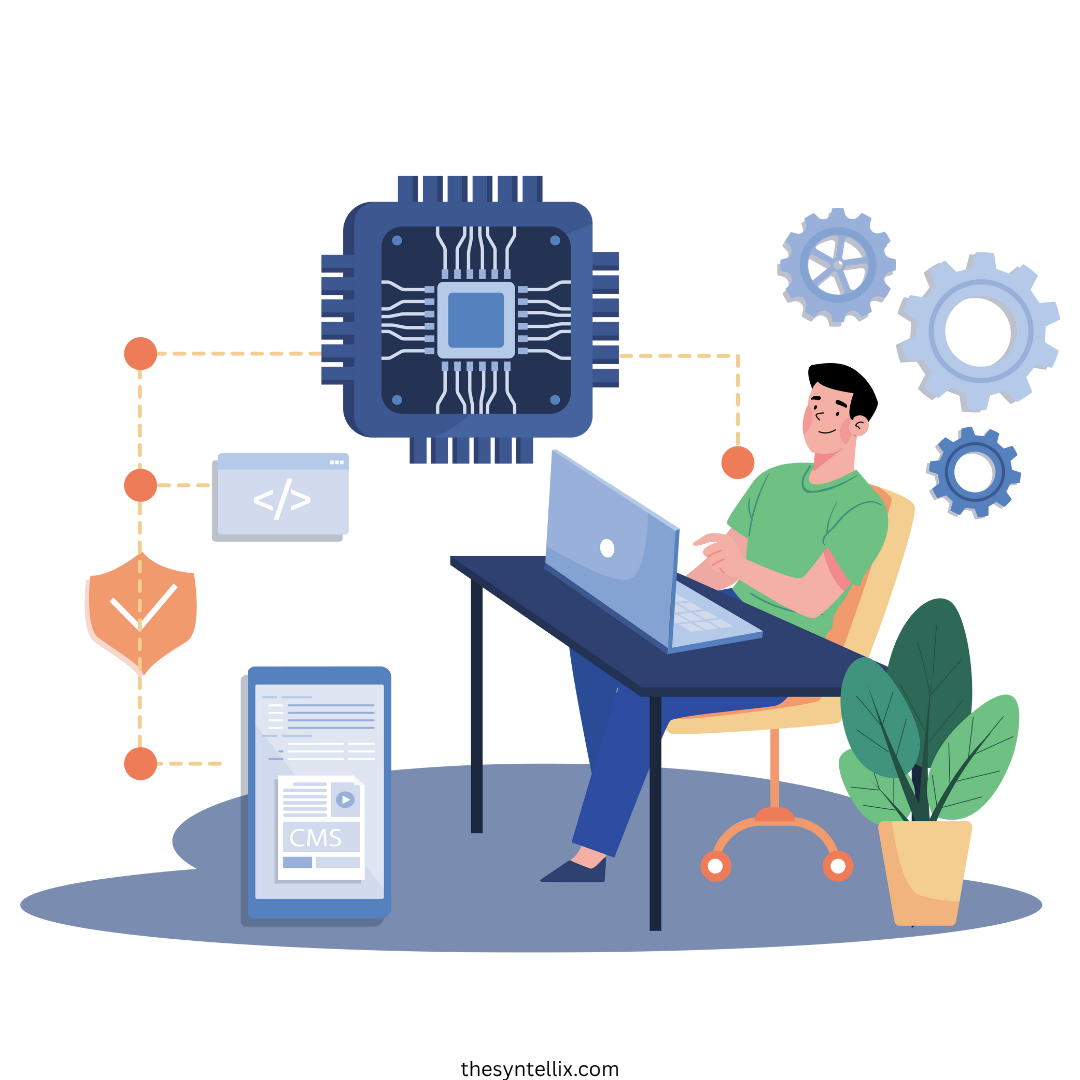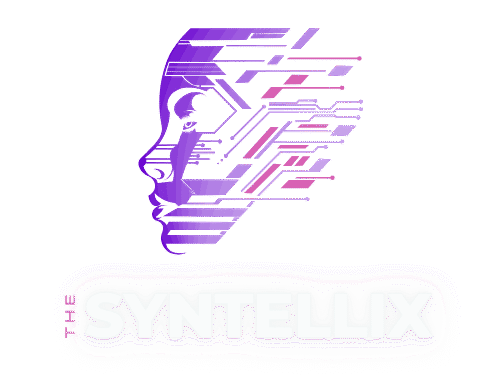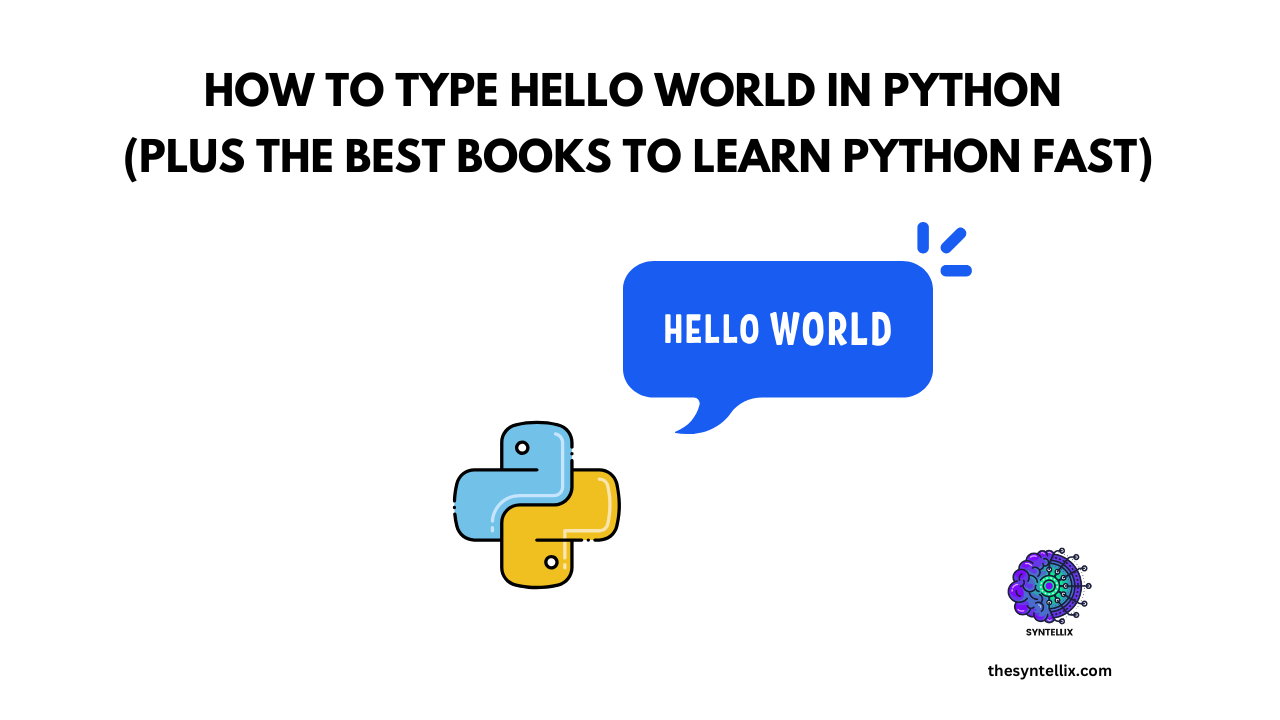If you are just starting to learn programming, Python is a great place to begin. It is simple, clear, and beginner-friendly. Unlike many new coders, your first step is probably to print “Hello, world!”
This blog post will show you how to type hello world in Python and then I will guide you to some of the best books to learn Python, so that you can keep growing your skills with confidence.
What Does “Hello, World!” Mean?
“Hello, World!” is the most basic program you can write. It simply tells the computer to display that phrase on the screen. It’s a tradition in programming and a great way to test if everything is working.
How to Type Hello World in Python (Step-by-Step)
Let’s write your first Python code:
print("Hello, world!")
That’s it! Just one line. That is the exact beauty of python. No difficult or confusing syntax just write what you want the code to do with some simple rules that are built-in in the language.
What Does This Code Mean?
print()is a function that tells Python to show something on the screen.- Inside the brackets,
"Hello, world!"is the message you want to display. - The double quotes tell Python it’s a string (text).
When you run this, Python will display:
Hello, world!
Where Can You Run This Code?
You have a few easy options:
- Install Python on your computer and open the built-in IDLE editor or you can use command prompt.
- Use a free online editor like Replit.
- Try it in a code editor like VS Code or Thonny.
If this works, congratulations! you just wrote your first Python program!
What Should You Learn After “Hello, World!”?
Now that you have typed your first line of code, then what is next?
Here are a few beginner topics to explore:
- Variables (how to store information)
- Data types (like numbers and text)
- Loops (repeat actions)
- If-else statements (make decisions)
- Functions (reuse your code)
These basics will help you to build simple apps, games, or automation scripts.
Best Books to Learn Python (Beginner-Friendly)
Reading a book can really help you to stay focused and understand how Python works. Below are some of the best books to learn Python, especially for beginners.
1. Python Crash Course by Eric Matthes
- Clear, friendly explanations
- Hands-on projects like games and web apps
- Great for self-learners
- Read here.
2. Automate the Boring Stuff with Python by Al Sweigart
- Teaches real-world tasks like organizing files or sending emails
- Easy to follow, even for total beginners
- Perfect if you want to be productive right away
- Read here.
3. Learn Python the Hard Way by Zed A. Shaw
- Teaches you through typing and testing lots of examples.
- Focuses on discipline and repetition.
- Not actually “hard,” just detailed.
- Read here.
4. Head First Python by Paul Barry
- Uses visuals and fun exercises to explain concepts.
- Great if you’re a visual learner.
- Covers web development and mobile apps too.
- Read here.
5. Think Python by Allen B. Downey
- Best for people who like deeper thinking.
- Explains the “why” behind Python concepts.
- Good for students or curious minds.
- Read here.
All these books are beginner-friendly and explain Python in simple, practical ways.
Free vs Paid Learning – Which One Should You Choose?
If you are just testing the waters, free resources are a good place to start:
- Python.org tutorials.
- YouTube channels like Programming with Mosh or freeCodeCamp.
- Free platforms like Codecademy or W3Schools.
But if you want structured learning and long-term growth, books give you depth and direction. A good book can help you avoid confusion and build confidence.
If possible, then combine both and start with free tutorials. And pick on those books that you find interesting.
✅ Conclusion
You have just taken your first step into the world of Python by writing a simple program. From here, you can explore loops, logic, and even build real projects.
And with the right book by your side, learning Python becomes a lot easier and even fun.
Start small, stay curious, and keep coding.
And if you typed your first print("Hello, world!"), let us know in the comments. We’re cheering you on!

Stay ahead of the curve with the latest insights, tips, and trends in AI, technology, and innovation.

